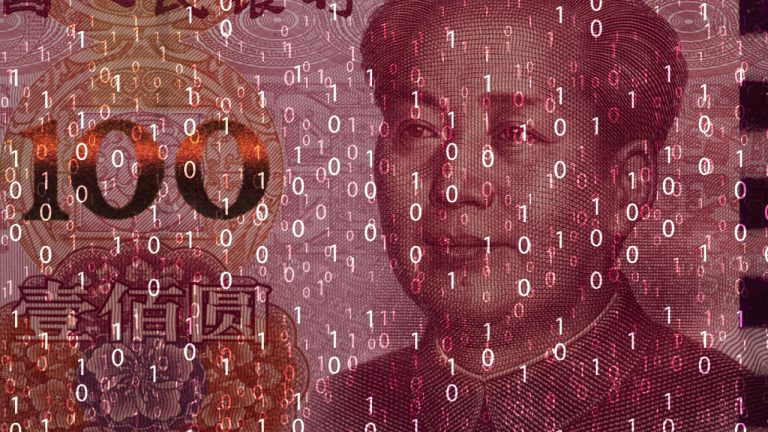
Proposals to a United Nations group reportedly show China wants digital IDs and real-world punishments for actions that occur in the Metaverse.
China is reportedly looking to implement a system akin to its social credit system, but in the Metaverse and other online virtual worlds.
Proposals viewed by POLITICO and reported on Aug. 20 show the state-owned telco China Mobile proposed a digital ID for all metaverse and online virtual world users that work with “natural characteristics" and "social characteristics."
The proposals say “to keep the order and safety of the virtual world” the ID would harbor a slew of personal information and identifiable signs including a person’s job and suggested such data be permanently stored and shared with authorities.
An example of the benefits of the system was provided with a problem user that “spreads rumors and makes chaos in the metaverse” — with the digital ID allowing police to quickly find and punish the person.
The proposal mirrors China’s social credit system — an in-development infrastructure designed to improve behavior that scores and ranks citizens across various metrics which has also been an enforcement tool.
In 2019, the Associated Press reported that authorities blocked social offenders from purchasing plane tickets 17.5 million times in 2018. Other social offenders were punished by being barred from purchasing train tickets 5.5 million times.
On July 5, China Mobile put forward the proposals as part of discussions with a focus group on the Metaverse put together by the United Nations’ communications technology agency the International Telecommunication Union (ITU).
Join us in Shanghai July 4-6 for our #metaverse focus group, followed by a forum on July 7 and be part of key pre-standardization effort.
— Int’l Telecommunication Union (@ITU) July 3, 2023
With int'l #standards we can create global access to knowledge & tech for #metaverse to benefit everyone, everywhere.https://t.co/4IrlYExOjW pic.twitter.com/3XAiCu90zz
The Metaverse focus group meets again in October where the proposals could be voted on.
If passed they could majorly influence telcos and tech firms as the ITU’s Metaverse group is aiming to develop new standards for metaverse services.
Chinese firms taking part in the focus group are purportedly firing off many more metaverse proposals compared to those from the United States and Europe according to one group contributor that spoke to POLITICO.
Related: Chinese man sentenced to 9 months in prison for buying $13K in USDT
They said China is “trying to play the long game” so that its proposals are the standard for the metaverse if its use becomes widespread.
"Imagine a metaverse where your identity protocols are set and monitored by Chinese authorities. Every government must ask themselves: ‘Is that the kind of immersive world we want to live in?’” the person said.
Asia Express: China’s risky Bitcoin court decision, is Huobi in trouble or not?











